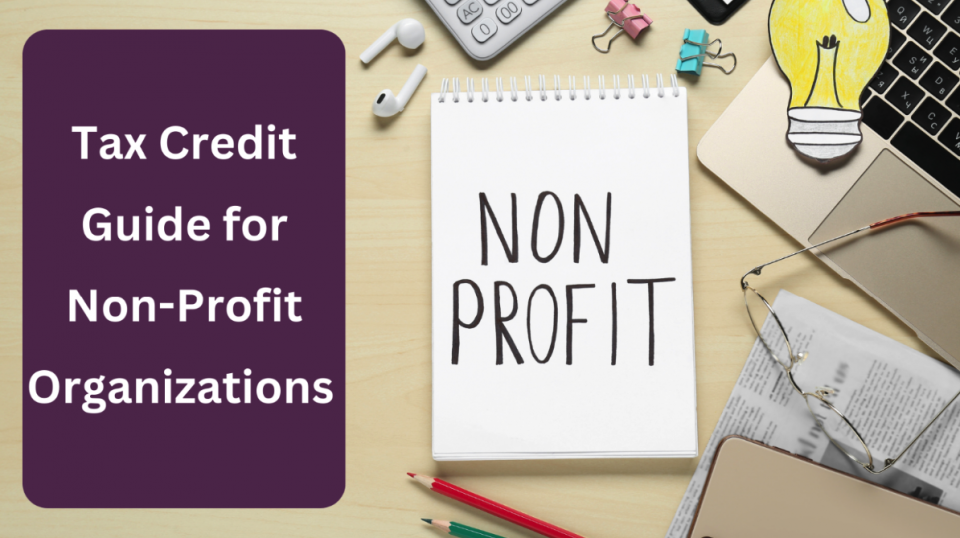Tax Credit Guide for Non-Profit Organizations
Managing finances can be challenging for non-profit organizations. Fortunately, tax credits are available that can help non-profits save money and reinvest it in their mission.In this article, we will explore some of the federal and state tax credits that non-profits can take advantage of, as well as other tax credits and exemptions that can benefit…
Read article